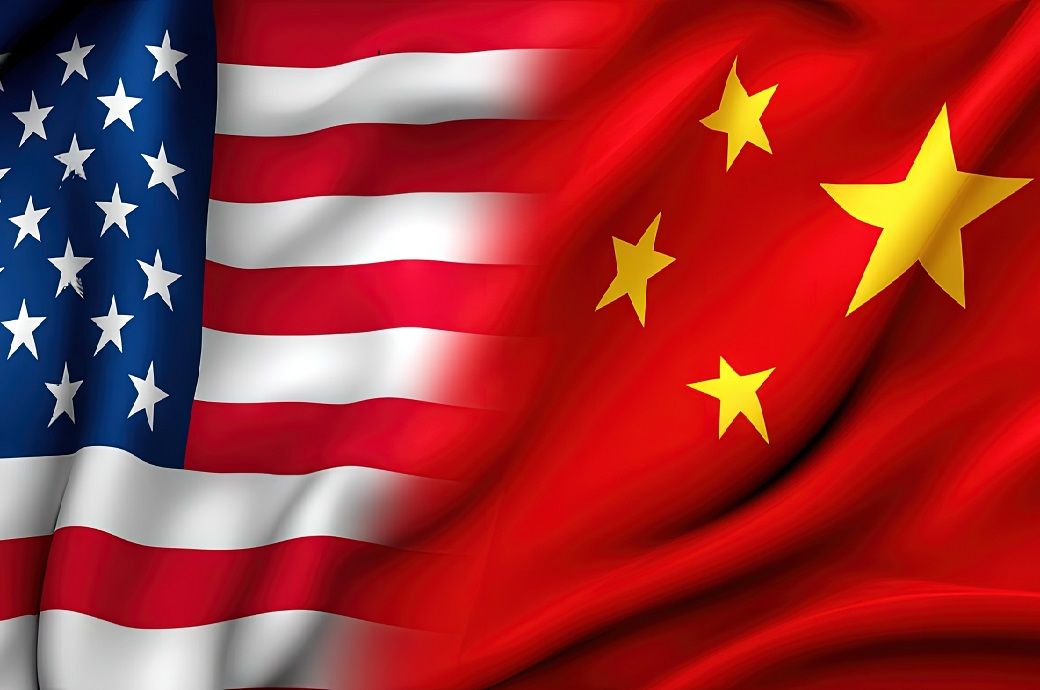
The US government wanted to ensure the Chinese supply of rare earth elements, essential for products like electric vehicles, hard drives and defence equipment.
China, which dominates global production of these elements, mandated licences in early April for such exports, seemingly responding to the high reciprocal tariffs imposed by US President Donald Trump.
After talks in Geneva in May, the two sides agreed to temporarily lower steep tit-for-tat tariffs on each other's goods. China also committed to easing some non-tariff countermeasures but US officials later accused Beijing of violating the pact and slow-walking export licence approvals for rare earths.
Both sides eventually agreed on a framework to move forward with their Geneva consensus following talks in London this month.
“It is hoped that the United States and China will meet each other halfway, follow the important consensus and requirements reached by the two heads of state on June 5, further play the role of the China-US economic and trade consultation mechanism, continuously enhance consensus, reduce misunderstandings, strengthen cooperation, and jointly promote the healthy, stable and sustainable development of China-US economic and trade relations,” a Chinese Commerce Ministry spokesperson said responding to a journalist’s question.
The White House indicated yesterday that Washington could extend a July 9 deadline when steeper tariffs affecting dozens of nations are due to kick in.
ALCHEMPro News Desk (DS)
Receive daily prices and market insights straight to your inbox. Subscribe to AlchemPro Weekly!